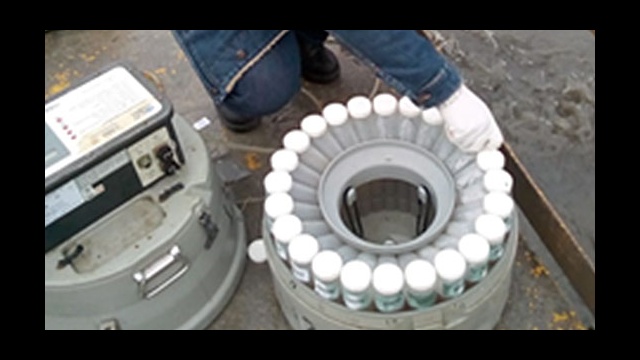
Global Consortium for Sustainability Outcomes - Facilitating Evidence-based Decision-making for Global Health Outcomes
ASU is part of the Global Consortium for Sustainability Outcomes (GCSO), a global network of universities dedicated to scaling sustainability solutions with like-minded partners around the world.
Sustainability impacts related to global health can be difficult to measure. This project introduces a methodology and scientific tool that will measure sustainability and community health indicators in near real-time using urban wastewater as a diagnostic matrix.
Using Urban Metabolism Metrology (UMM), global teams will obtain this near real-time data on the following sustainability metrics: 1) occurrence of toxic agents within urban environments, 2) related human exposures and toxic body burdens, and 3) the consumption of limited natural resources (e.g. phosphorus, rare earth materials) that pose threats to ecosystems and urban sustainability. Using UMM, the identification of these metrics will be used to inform programs and policies to reduce the threat of endocrine disrupters and drug-resistant bacteria globally, reduce the production and consumption of non-green chemicals that persist after wastewater treatment, and help manage the ongoing substance abuse crises around the globe.
The project will grow and scale the impact of UMM and improve global health outcomes by creating analytical Centers of Excellence and establishing new municipal partnerships in the United States, led by Arizona State University (ASU); Ireland, led by Dublin City University (DCU); United Kingdom, led by King’s College London (KCL); and Mexico, led by Tecnológico de Monterrey (Tec).
ASU Program Owner(s)
Biodesign Center for Environmental Health Engineering
Mexican Program Partner(s)